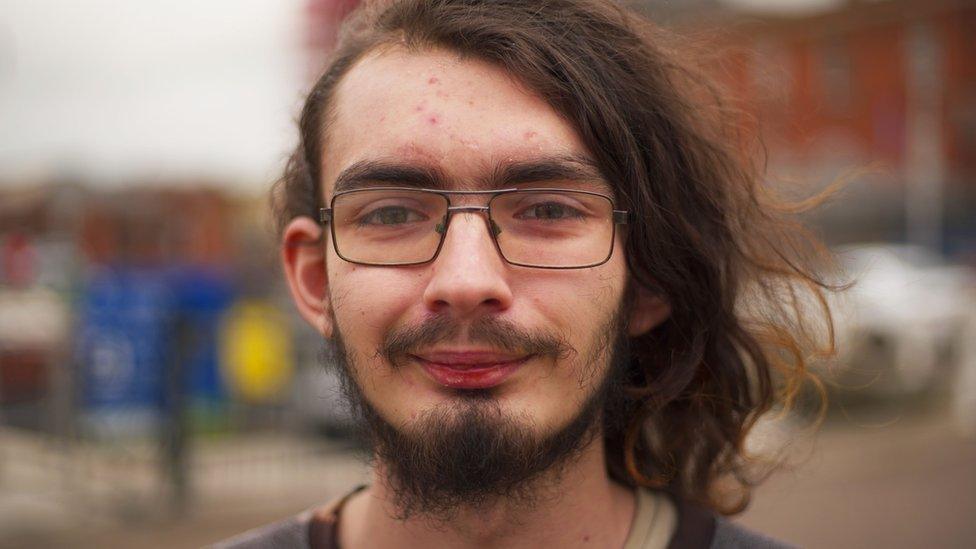Cost of living: The young people saving money by going sober
- Published
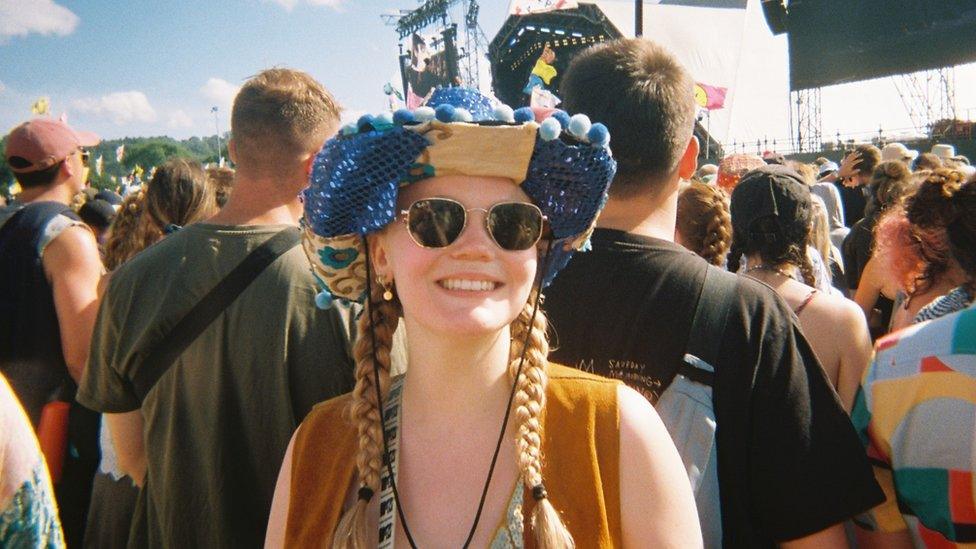
Grace Burton says her spending on nights out could be "embarrassing"
With the cost of living crisis, the price of alcohol has increased along with so many other products.
It's prompted some to turn their backs on boozy weekends and nights out, opting for sobriety over spending.
Student Grace Burton says she would spend up to £60 on a night out and since she stopped drinking in October she has more to spend elsewhere.
And it's not just a financial choice - she and others who have gone sober say their wellbeing has also improved.
"As a student especially, I felt like so much of my student loan was going towards going out and socialising," says 22-year-old Grace.
"And a lot of that was drinking."
Figures show that the amount you'd spend on a night out is increasing at its fastest rate since 1991 with all alcohol prices on the up.
For Grace, the £50 to £60 she'd spend in pubs, bars and clubs could buy her two weeks' worth of groceries.
"That's huge," she says.
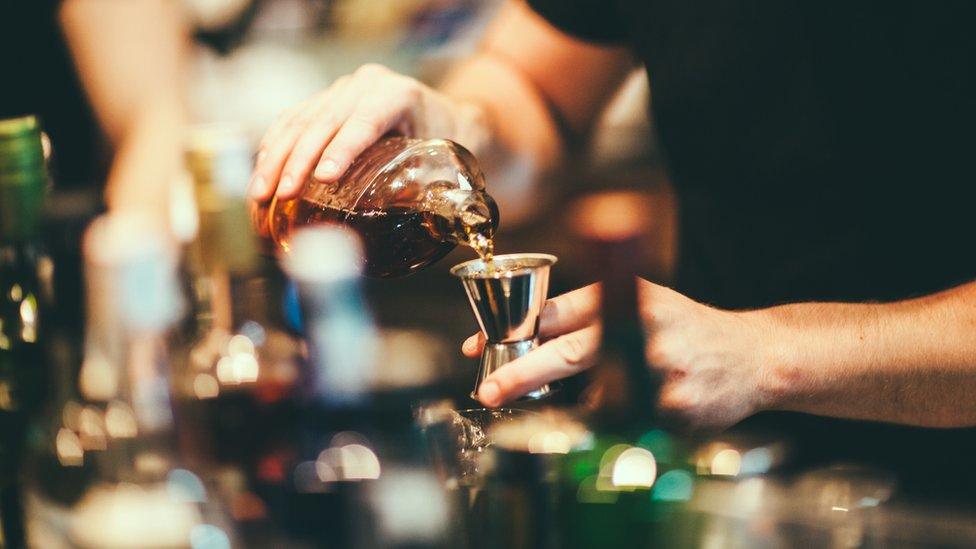
Inflation means the cost of a night out is increasing at its fastest rate for 30 years
The third-year University of Bristol student says she's embarrassed to think of how much she would spend on nights out, which she realised she wasn't enjoying.
"You'd wake up and check your bank account and realise that you'd bought a round of VKs for a bunch of people you don't know," she says.
"I really appreciate not having that anymore."
She says most of her friends supported her decision to go sober, but it made her realise how "ingrained" drinking is in society, particularly at university.
"There's such like a prickliness to it sometimes," she says about when she explains she's not drinking, but alcohol free alternatives help her feel like she's not missing out.
As well as freeing up more cash to cushion rising prices, Grace, who is originally from Canterbury, says she's also able to spend more on things she enjoys, like meals out with friends.
"That money's probably still being spent but it's just being redirected and spent in a nicer way," she says.

So Sha said alcohol became part of her lifestyle working in clubs
By not going out, artist and DJ So Sha says she could save enough money a month for three big shops.
Sha grew up in the Philippines and after discovering a love of electronic music, she ran her own club there in her early 20s before moving to the UK.
Performing in bars and clubs, Sha says alcohol was "part and parcel of what I do" and she noticed she was using it as a crutch.
"I'm the party starter - it was my job, literally I'm the party promoter," she says. So when she decided to quit drinking, "it was very confusing for some of my friends".
While money wasn't the main reason she decided to stop drinking, she says she can't believe how much she's saving as a result.
For both Sha and Grace, giving up sparked questions from their friends but generally they say people have been supportive of their decisions.
"There's this sense of I'm going to be different, I'm going to be left out," Sha says. "But some people were like, actually, you know what, me too."
Before going sober, Sha spent hundreds every month on drinking but also on getting ready for nights out, buying new outfits and getting her hair and nails done.
"When alcohol is involved, usually it's an event," she says.
For 10 months, Sha was homeless in London, relying on house-sitting for somewhere to stay. She says struggling to pay her rent took a toll on her mental health.
Now living in Norwich, she says going sober has also helped her improve her wellbeing and has made her question her spending more generally.
"I see a ripple effect in terms of, do I really need to buy this thing, for example, buy this dress, buy the shoes, and then you save money," she says.
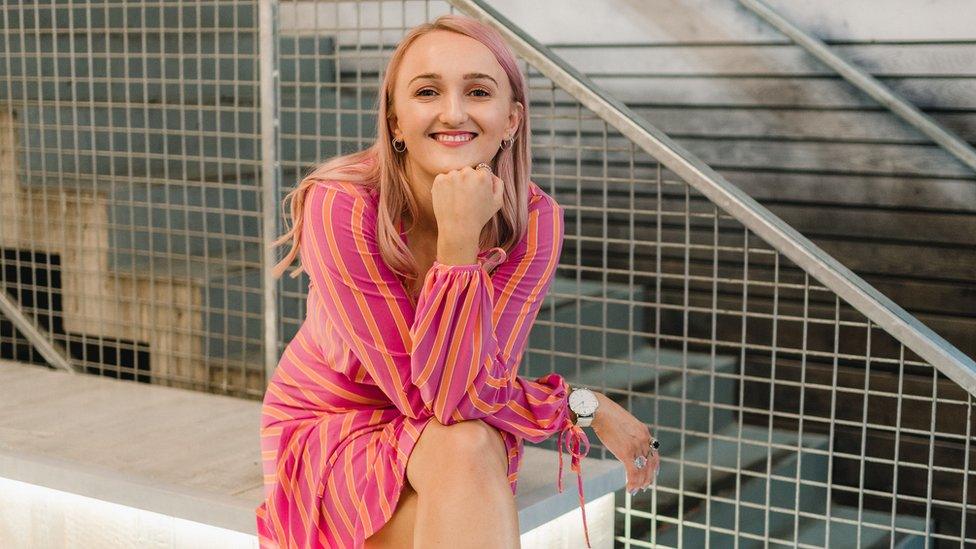
Millie Gooch founded Sober Girl Society, an online community with hundreds of thousands of followers
Millie Gooch was 26 when she also decided to stop drinking in 2018, but like Grace it was at university when she started to reconsider her relationship with alcohol.
"I was your classic party girl binge drinker," she says. "I often wouldn't remember a lot of my night."
Stopping drinking was a lonely experience and after struggling to find a community she felt would suit her, Millie decided to set up her own and now Sober Girl Society has almost 200,000 followers on Instagram.
"I really wanted a space where we could discuss non-alcoholic wine or how do you go on a date sober," says Millie.
"So I started it and it just blew up from there. I never expected that it was going to be this big thing, or it was going to be my full time job."

Sober-curious? Tips for cutting the booze
Before you go out, set a limit for how much you're going to drink and a budget for your spending on alcohol.
Tell your friends and family that you're trying to cut down.
Take it steady - try cutting back a little more every time you drink.
Mix up your habits, order a small glass or a half-pint instead and alternate alcoholic drinks with soft ones.

Millie says she's noticed an uptick in the number of people cutting down on drinking as a result of the cost of living crisis.
Pubs have reported this too - with reports that a combination of inflation, staff shortages and lower customer spending may leave pubs and bars struggling to survive.
"We are definitely noticing that it is one of the things to go because it is just getting more and more expensive for people," Millie says.
"I think what they're realising is that they really need to look at where they're spending their money and are they spending on things that really make them happy."
If you've been affected by the issues raised in this article, help and support is available via BBC Action Line.

Have you given up anything to save money during the cost of living crisis? Share your experiences by emailing haveyoursay@bbc.co.uk, external.
Please include a contact number if you are willing to speak to a BBC journalist. You can also get in touch in the following ways:
WhatsApp: +44 7756 165803
Tweet: @BBC_HaveYourSay, external
Please read our terms & conditions and privacy policy
If you are reading this page and can't see the form you will need to visit the mobile version of the BBC website to submit your question or comment or you can email us at HaveYourSay@bbc.co.uk, external. Please include your name, age and location with any submission.

Follow Newsbeat on Twitter, external and YouTube, external.
Listen to Newsbeat live at 12:45 and 17:45 weekdays - or listen back here.
Related topics
- Published21 December 2022
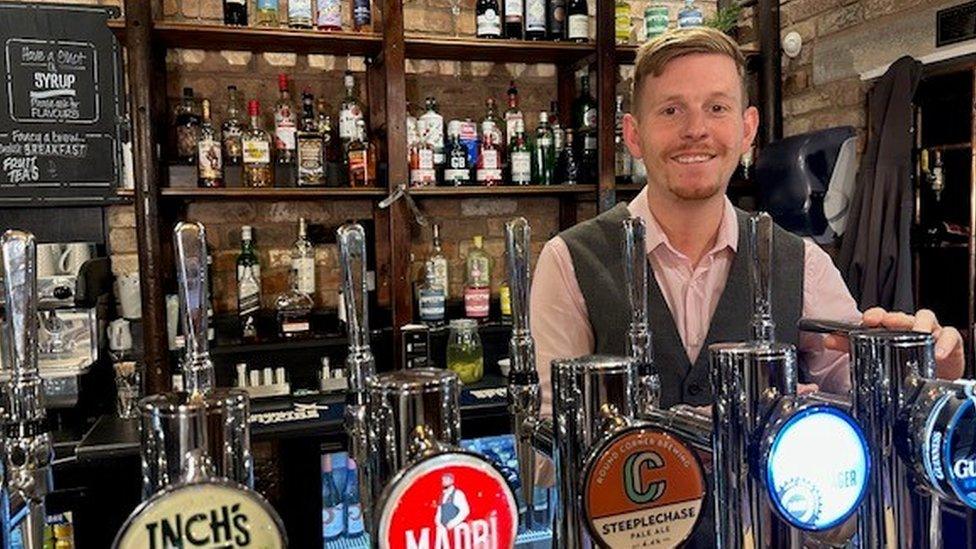
- Published14 December 2022
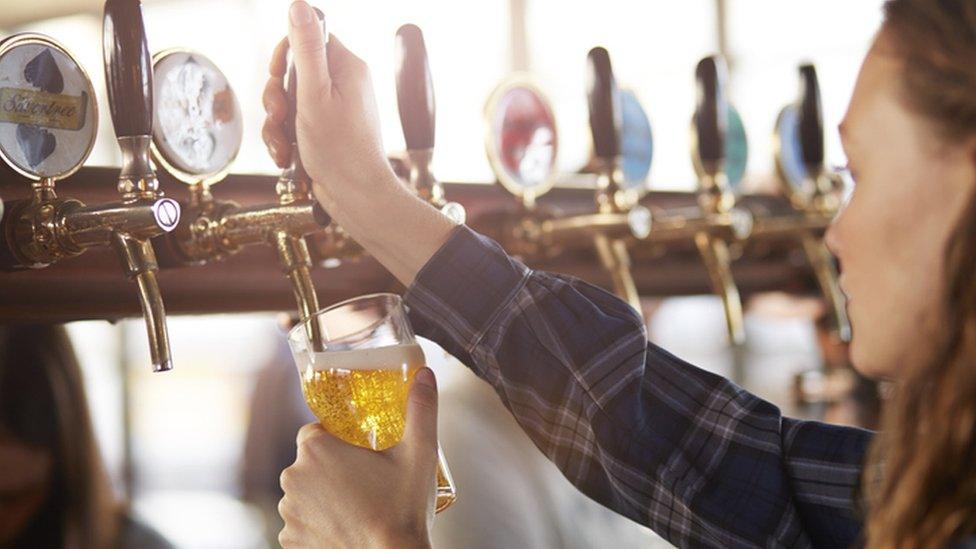
- Published14 December 2022
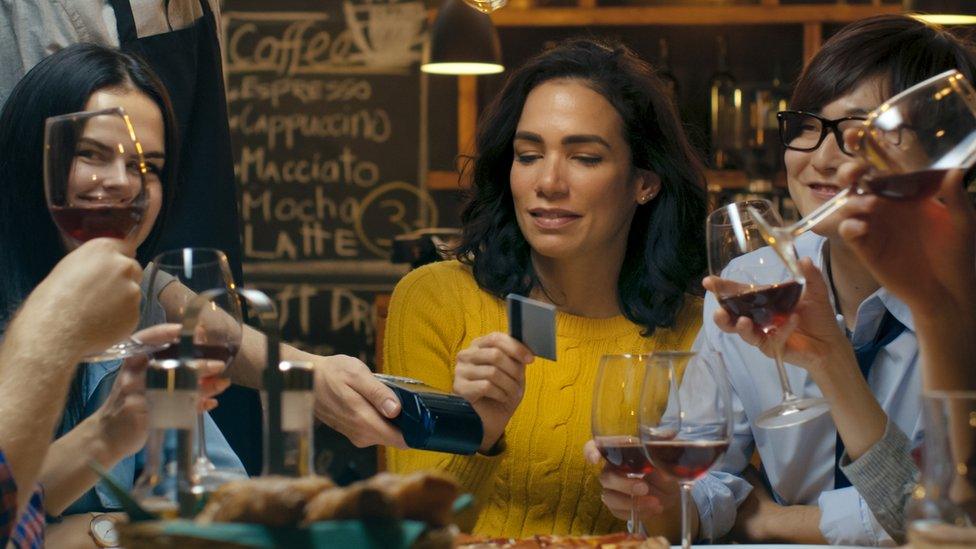
- Published16 November 2022
